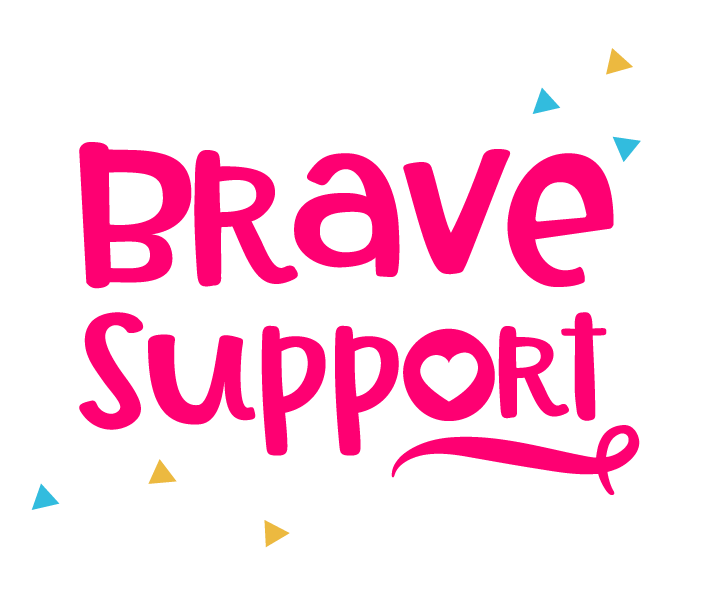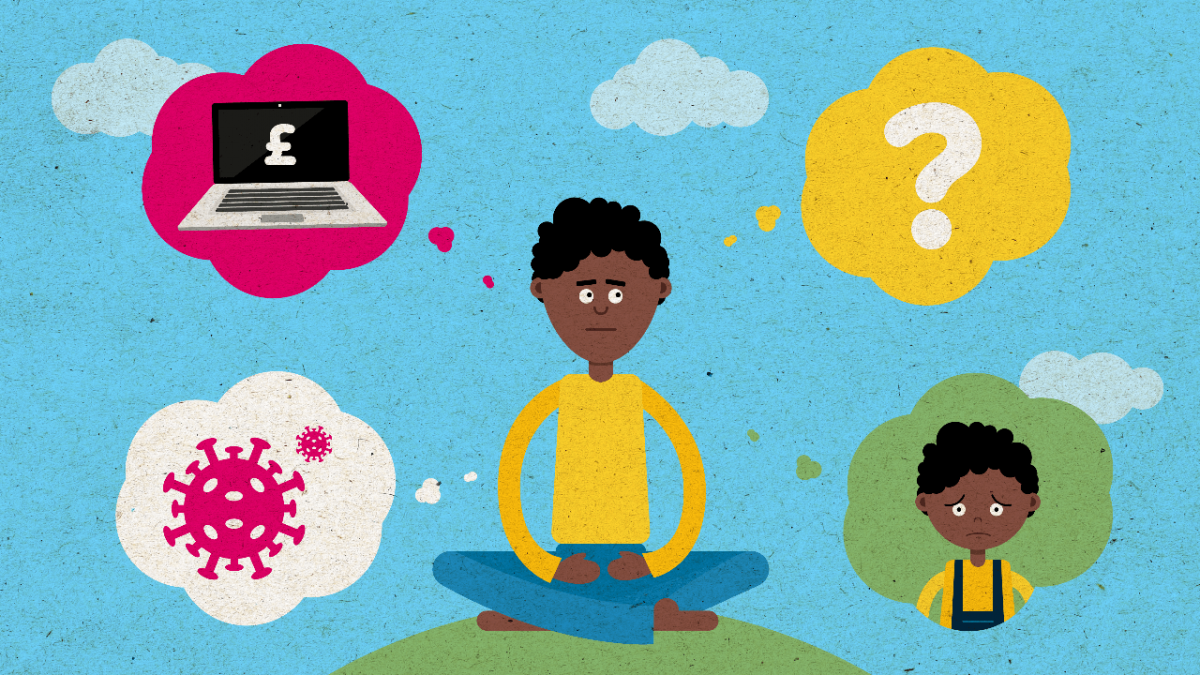Welcome to Brave Families!
As a parent or carer, we appreciate how challenging a time it is for you and your family. At Body & Soul we have developed an approach that is all about developing children’s resilience and coping skills at times when life feels overwhelming. Whilst we cannot control what is happening in the wider world, we can manage how we as parents can think and respond to the situation and how our children learn to manage.
What we wish to share with you is more than guidance or tips, but really concrete skills that are proven and effective in managing anxiety, stress and distress. Many of these originate from well-established therapeutic disciplines like DBT, Play Therapy and Mindfulness. Our regular families have really benefited by building these skills into their daily routines and realising that these can be available through really fun, active and social time for the whole family. We would say that the more skills you can learn with your child, the more able you’ll all feel to manage whatever life throws up next!
Themes
Below, you’ll be able to understand the ideas behind each of the different kit, but our approach is centred around 3 key themes:
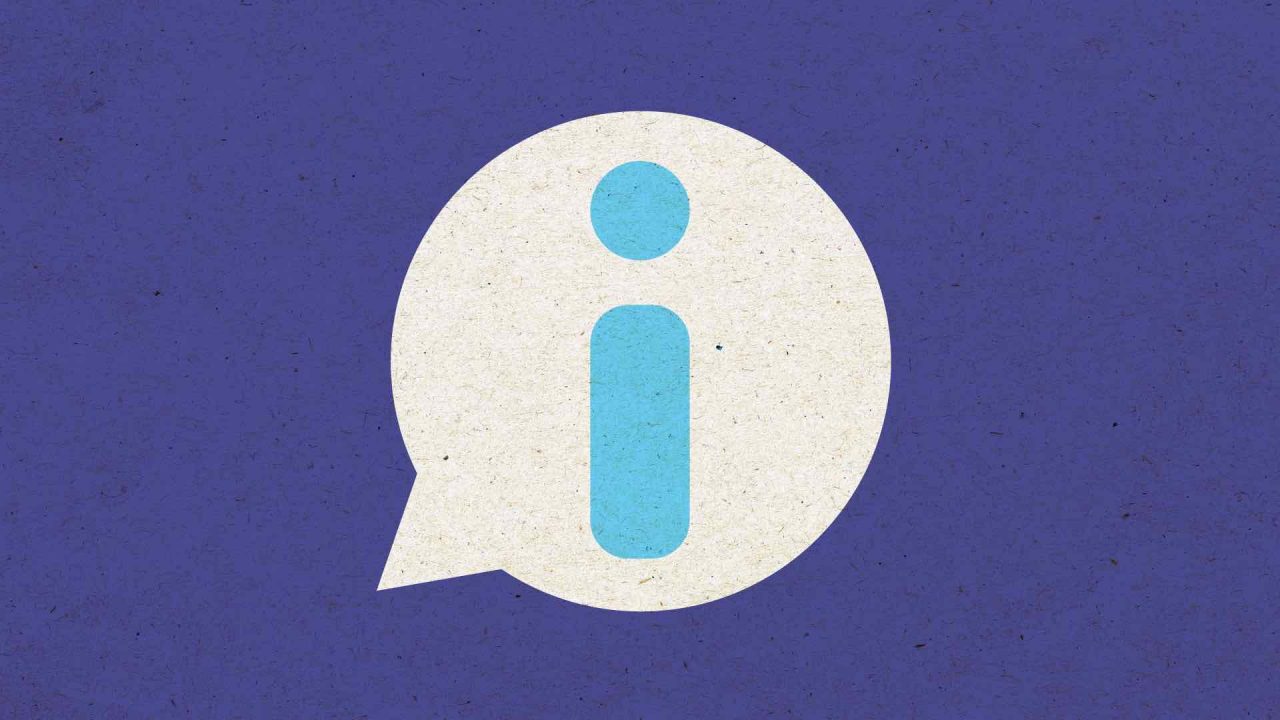
Information: having access to information that can help children develop a perspective based on what we know rather than what their imagination might be telling them.
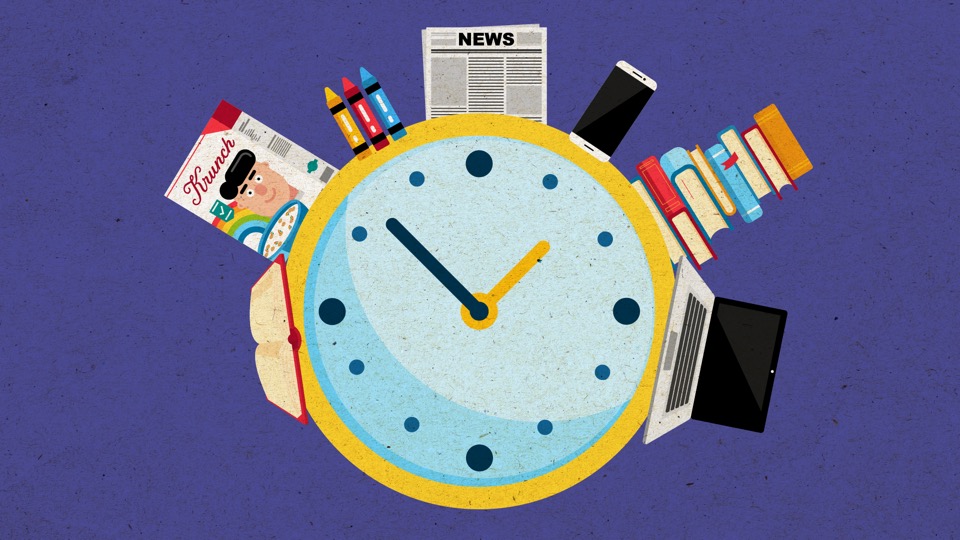
Regulation: learning simple and practical skills that can build emotional resilience and prevent children from struggling with difficult emotions.

Connection: recognising that children’s sense of safety is founded upon a sense of protection and closeness to family and friends, even at times when this is under strain.
The site is designed so that you can explore activities together or for your child to check things out independently. Either way, we would love you to share what you’ve done on the ‘showcase’. However hard it feels, rest assured you are not alone during these times. We know that families are doing their best, but we also know that this journey can feel less intense, more sustainable and even be filled with moments of lightness.
Kit Breakdown
We have assembled a broad range of activities that we know to be effective in helping children learn and use ways to cope when they feel upset, anxious and distressed. The ‘kit’ is an engaging and interactive way for children and young people to become acquainted with effective strategies to cope. For more in-depth background please download our Parents’ Place Pack that provides an overview of the therapeutic concepts, practice exercises and video clips.
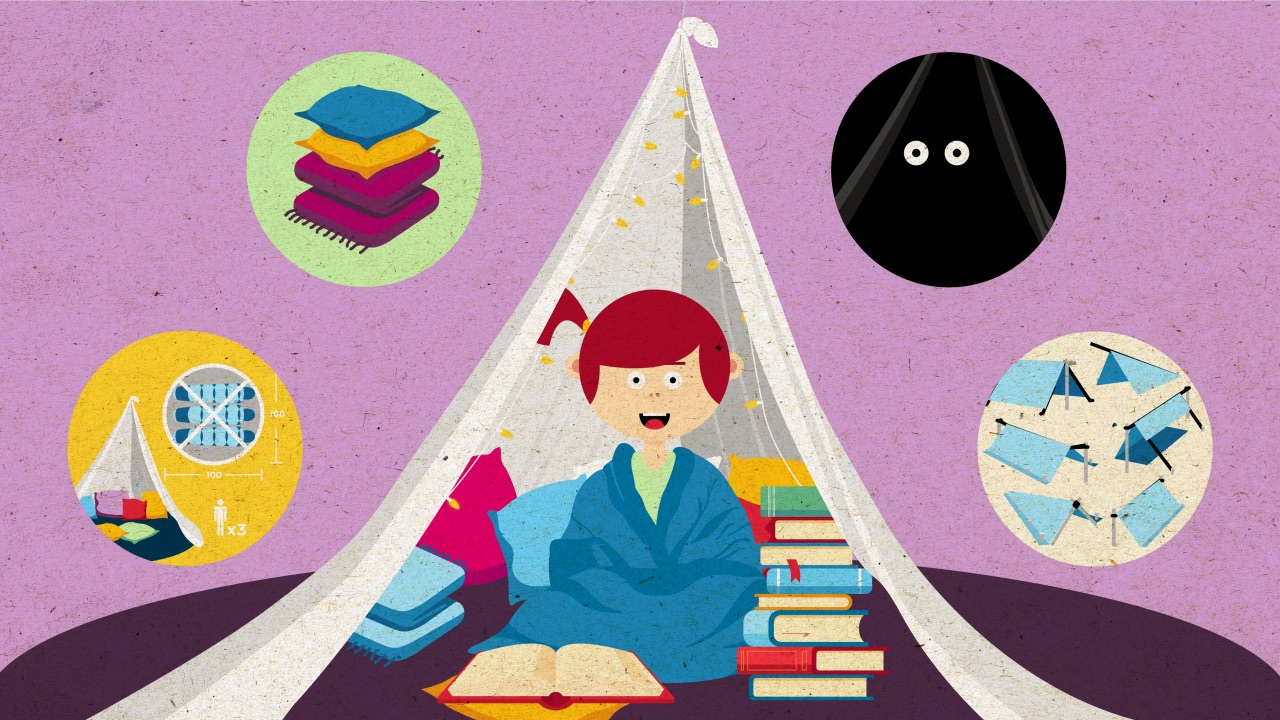
Safety Kit
It is a time of uncertainty for every family. Sudden changes in children’s routines and lives, coupled with a sense of danger, can be deeply disorienting. The Safety Kit starts by busting myths that can feed children’s anxiety, but it also helps them to create an environment that can help their world feel more stable. Den Building is a fun way to introduce mindfulness techniques (essential for managing anxiety) but also activities that are rooted in regulating emotions.
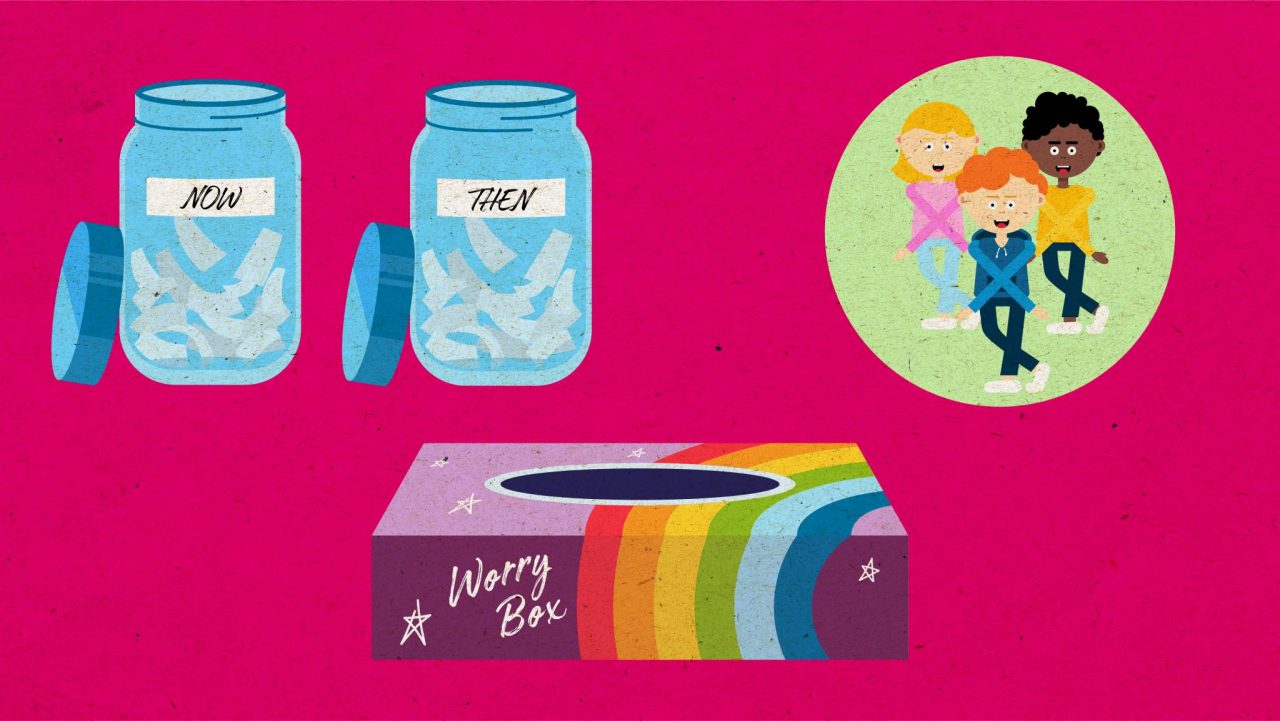
Connection Kit
The Connection Kit provides ideas and routines that can really help children and young people to strengthen their relationships with adults. Communication and connection does not just happen through words alone, but can often more easily occur through ‘doing together’ and through expressing your love and care through actions. When normal life is interrupted, these activities can reinforce a child’s sense of attachment and love, addressing what they know but also what they feel.
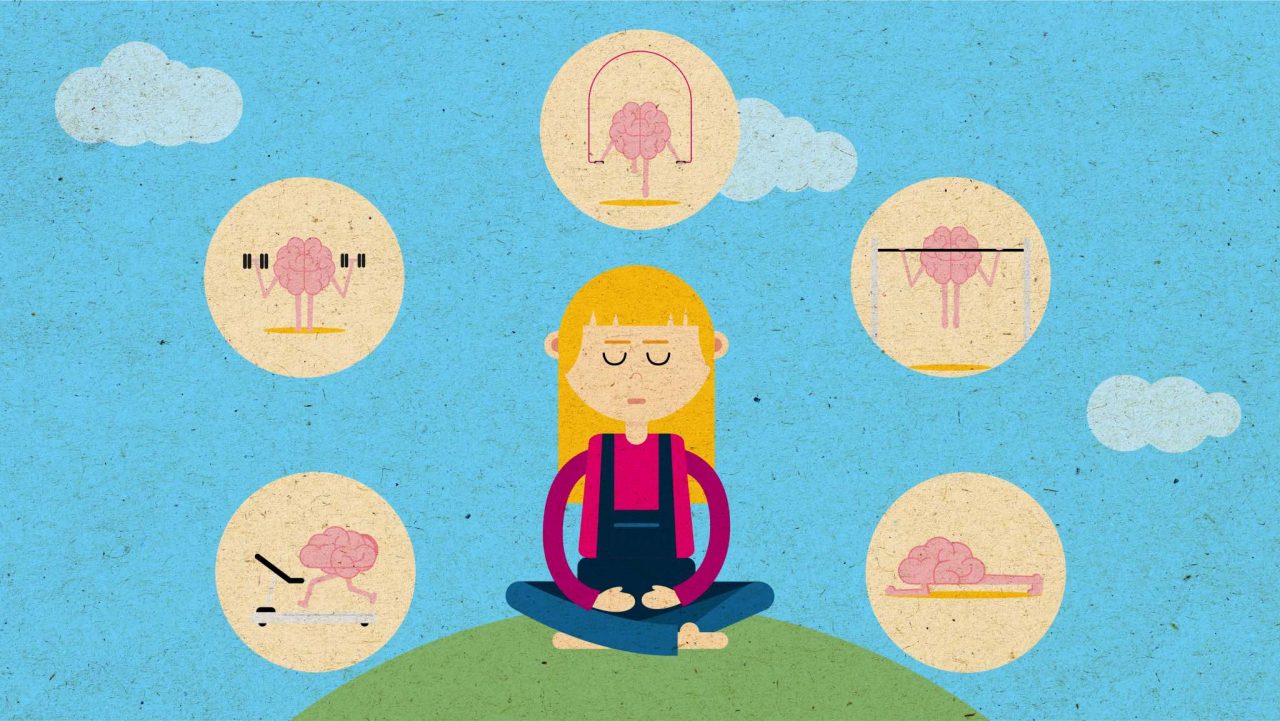
Wellbeing Kit
This is an important time to help children recognise that they themselves can manage their mood and how they are feeling. Using activities that are creative, fun and accessible, as well as routine daily exercises, children will have a chance to connect with simple techniques that can help them to tolerate uncomfortable thoughts and feelings.
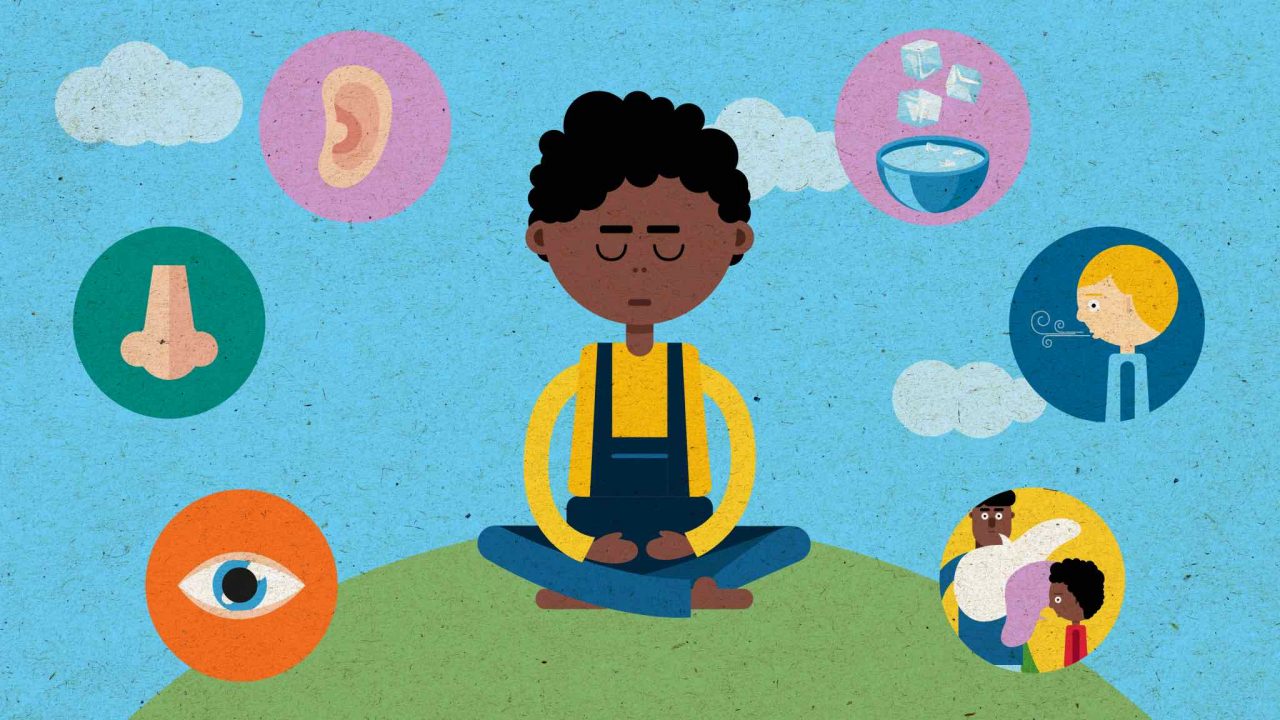
Emergency Kit
When children’s emotions become so intense that they cannot think, it’s essential that kids can learn simple things they can do ‘in the moment’ to prevent the situation escalating further. At this level of emotion, whether it’s anger, fear or sadness, behaviour can be very impulsive. The skills we share in ‘Emergency kit’ can be explored as fun activities and be ready to use when needed.
Questions
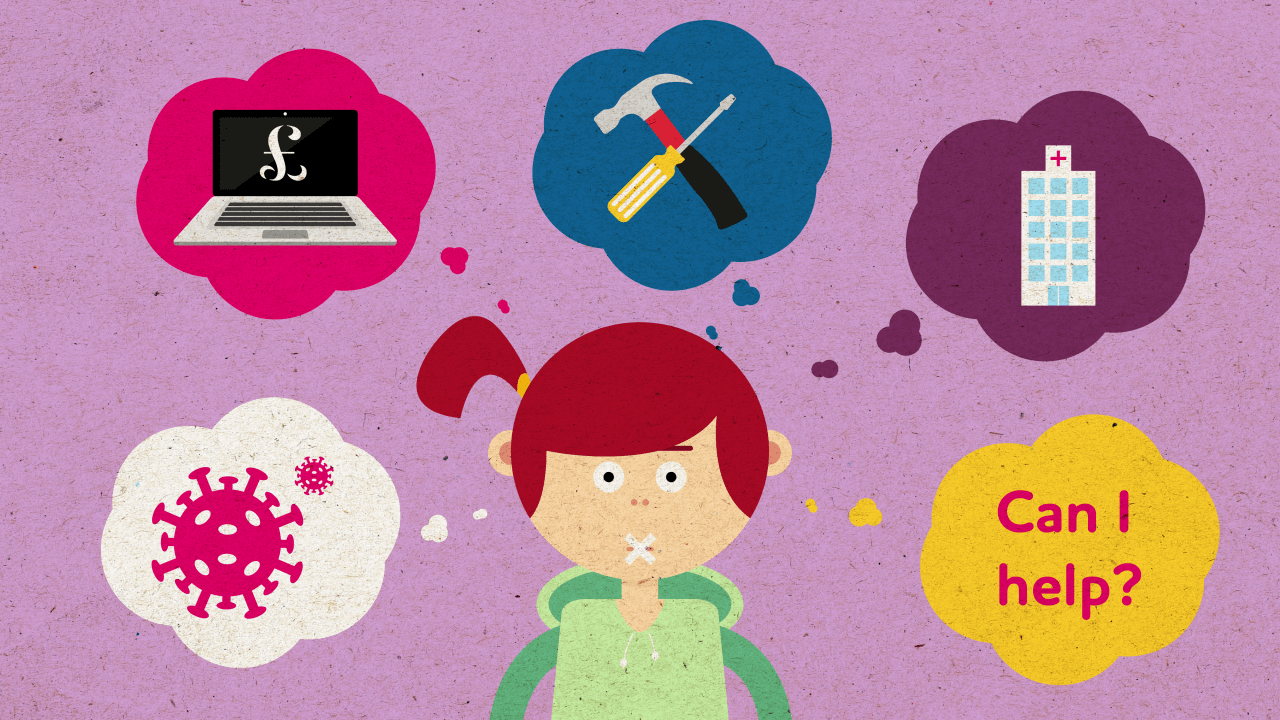
Things your children might want to ask
We know that children can be both very aware of situations that are suddenly different and stressful, but some may internalise their interpretations or confusion about this and find it challenging to say what they might be wondering. They may feel sensitive to your needs and want to avoid making you feel upset, worried or uncomfortable. In anticipating what some of the questions they might have about coronavirus and how this might impact you at work you can feel supported in talking to your child about these things, and show them that it’s ok to talk to you and ask questions.
Here are some of the questions children might have for you:
- What exactly is your job? What does it involve and is it affected by coronavirus?
- Are you safe at work? How are you protected in your job?
- Are you scared at all? What helps with this?
- What happens if you get sick? Would you go to hospital and who would look after me?
- How should I be feeling about this? Is how I’m feeling the right thing?
- How might our routines and lives be different through this time? How will things change?
- What can I do to help?
Reactions
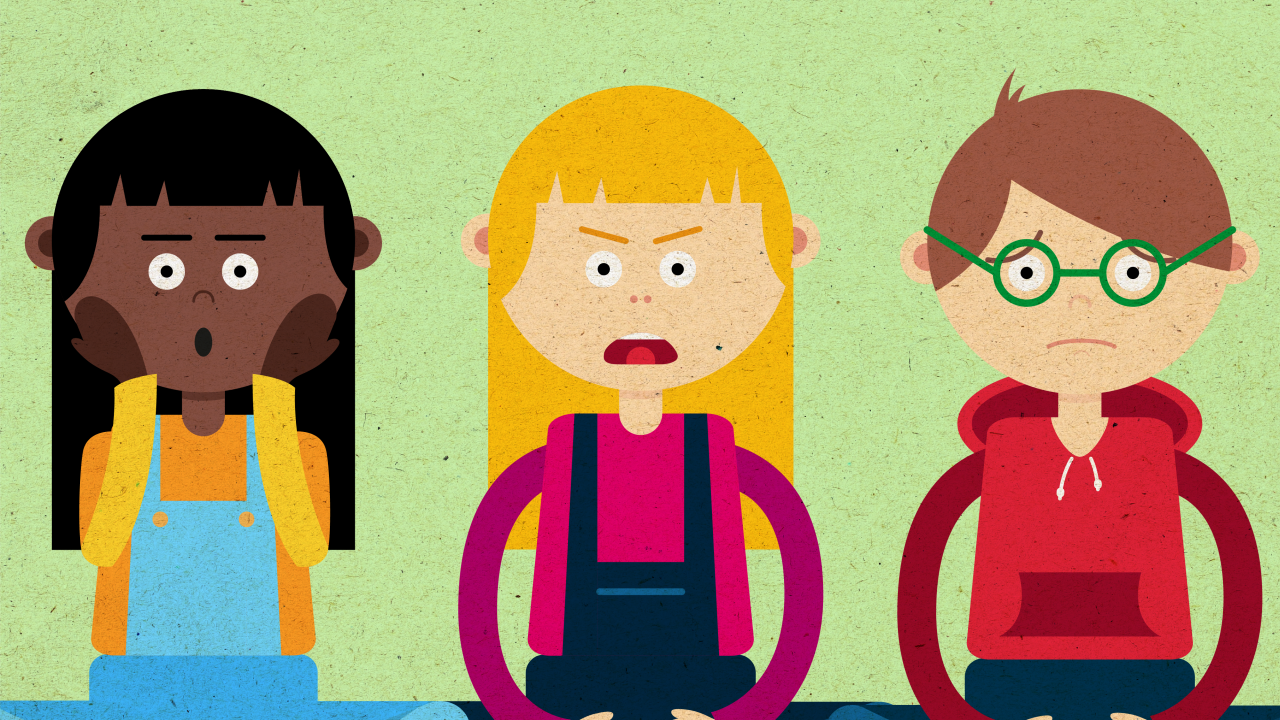
Children, like us, may have varying and rapidly changing thoughts, feelings and reactions to the uncertainty and changes to their usual routine throughout this time of pandemic. These are all understandable and predictable reactions to a situation that is very concerning and confusing. It’s important to remind yourself that their reactions are not your fault. You may have noticed some or a lot of the below responses in your child/children and BRAVE Families offers many resources to recognise these in the context of this challenging time and provides ways of processing and managing how they are feeling.
Common responses could include:
- Fear
- Questioning
- Denial
- Regression
- Becoming quiet and withdrawn
- Demanding extra attention
- Tantrums
- Sadness
- Selfishness
- Insecurity
- Anger and aggression
- Sleeping problems
- Loneliness
- Heightened senses
- Easily distracted
- Lack of concentration
- Easily upset
Strategies
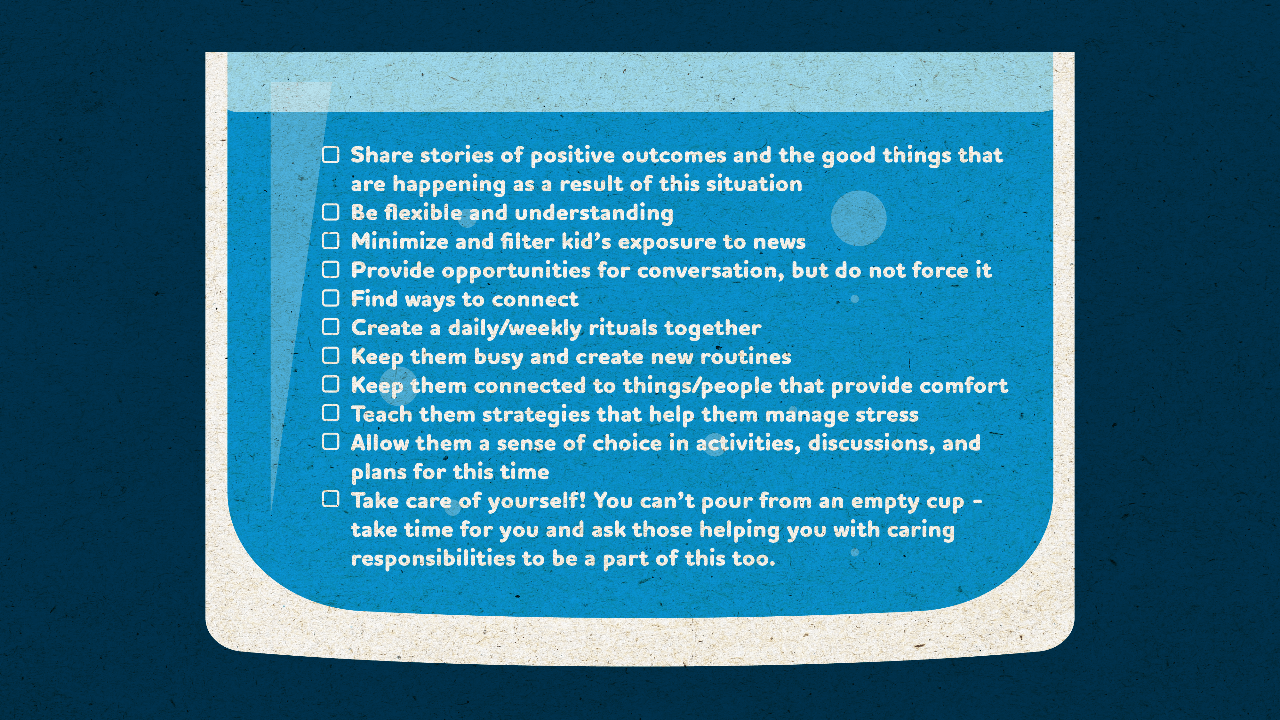
If you are a key worker and would like some additional support, Body & Soul provide a confidential therapeutic telephone service where you can speak to a trained therapist for up to six sessions. To find out more visit https://bodyandsoulcharity.bookinglive.com
